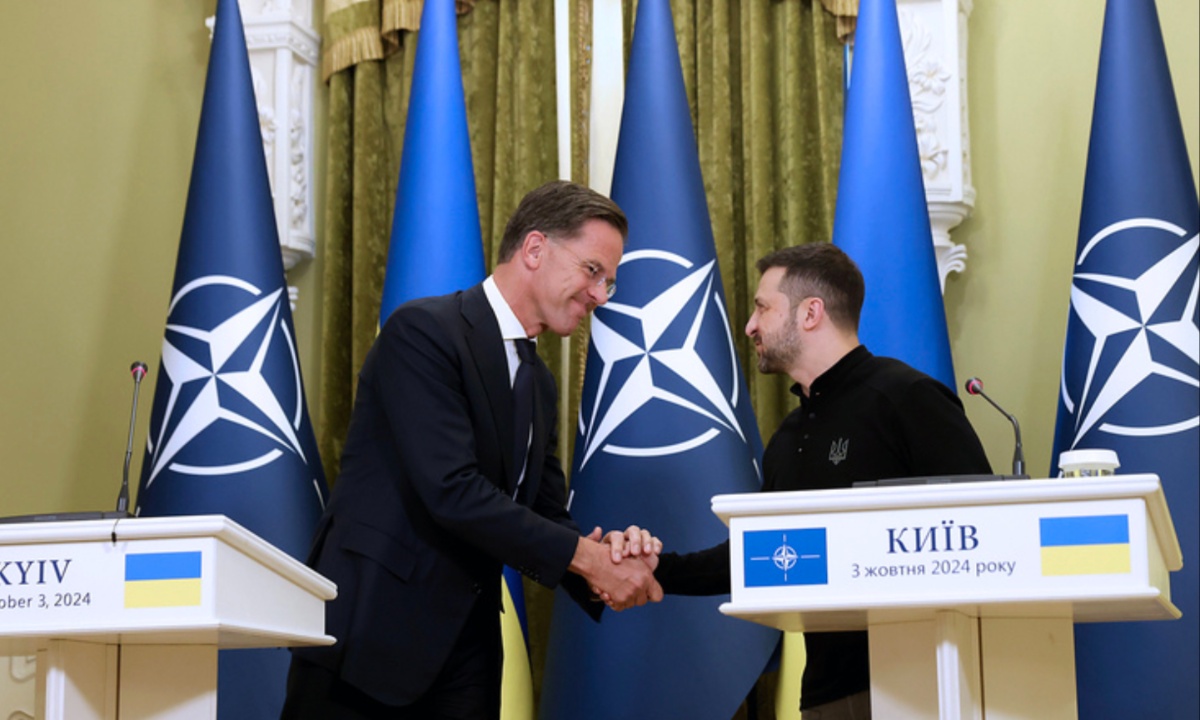Several NATO allies have emphasized that Ukraine and Europe must not be excluded from any negotiations concerning the war in Ukraine. This reaction follows U.S. Defense Secretary Pete Hegseth’s denial that the United States is abandoning Ukraine by engaging in talks with Russia without Kyiv’s direct involvement.
European leaders are particularly alarmed by the Trump administration’s indication that it plans to negotiate directly with Russia, insisting that Kyiv should not join NATO and that Europe must take responsibility for its security.
During a meeting at NATO headquarters, British Defense Secretary John Healey made it clear that Ukraine must be central to any peace discussions. He stressed that negotiations about Ukraine cannot occur without Ukrainian representation.
German Defense Minister Boris Pistorius echoed this sentiment, insisting that Europe must also be involved, particularly since it will bear the direct consequences of any agreement. His remarks underline growing European frustration with the U.S. approach to the crisis, which appears to sideline key stakeholders.
U.S. Defends Negotiations Amid European Concerns Over Concessions to Russia
Hegseth pushed back against accusations that the U.S. is betraying Ukraine by proceeding with negotiations without Kyiv’s full participation. He justified the American stance by arguing that global stability requires a negotiated peace. F
ormer President Donald Trump has already held discussions with both Russian President Vladimir Putin and Ukrainian President Volodymyr Zelenskyy and signaled that he may soon meet Putin again, possibly in Saudi Arabia. These developments have deepened European concerns about the nature of U.S.-Russia talks.

EU foreign policy chief Kaja Kallas voiced strong opposition to what she sees as premature concessions to Russia. She argued that offering Russia strategic advantages before negotiations formally begin amounts to appeasement, which history has shown to be ineffective.
Hegseth countered these criticisms, dismissing them as political rhetoric and maintaining that both Russia and Ukraine must accept compromises in any eventual peace deal. His remarks highlight the growing divide between the U.S. and some of its European allies over how to handle the war.
NATO’s Future at Stake Amid Defense Spending Disputes and Shifting U.S. Priorities
Beyond negotiations, Hegseth used the NATO meeting to urge European countries to increase their defense spending. While 23 out of 32 NATO members have met the 2% GDP defense spending target, several still fall short. He warned that without greater European contributions, the U.S. would be forced to bear too much of the security burden.
When questioned about America’s own defense spending, which stands at 3.4% of GDP, he avoided direct commitment to increasing it to the 5% Washington has demanded from other allies.
French Defense Minister Sébastien Lecornu dismissed the debate over defense budgets as a distraction, pointing out that European governments are already expanding military investments and aiding Ukraine.
However, he raised concerns about NATO’s future, questioning whether it will remain the world’s strongest military alliance if U.S. priorities continue shifting away from Europe. NATO Secretary-General Mark Rutte stressed that any peace deal must ensure that Russia cannot attempt another invasion of Ukraine, reinforcing the need for a long-term and enforceable resolution.


